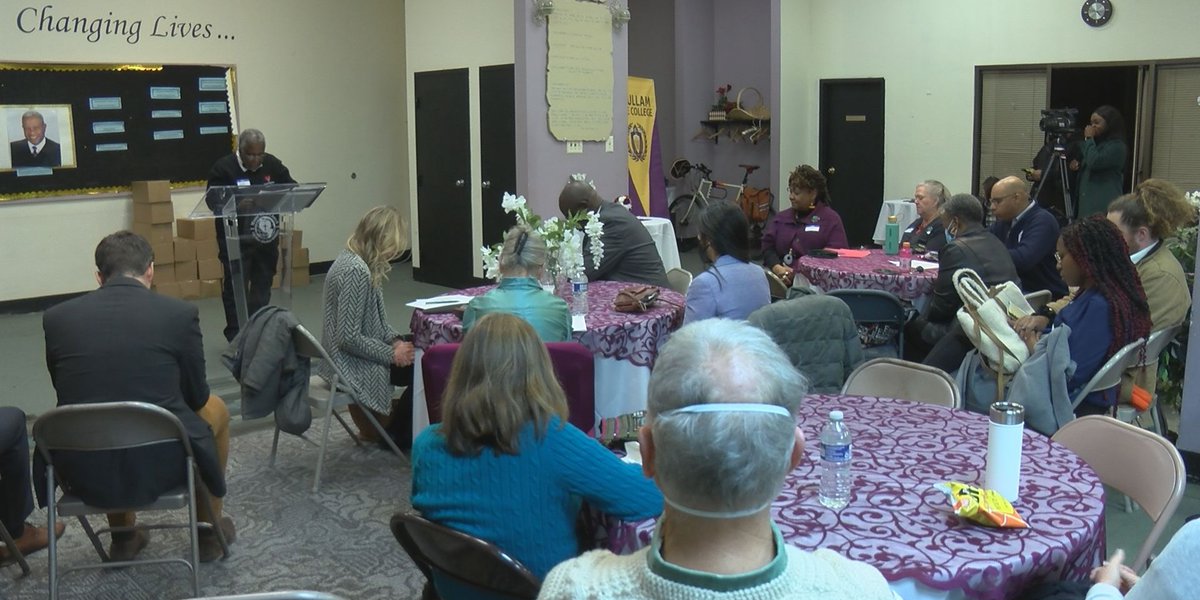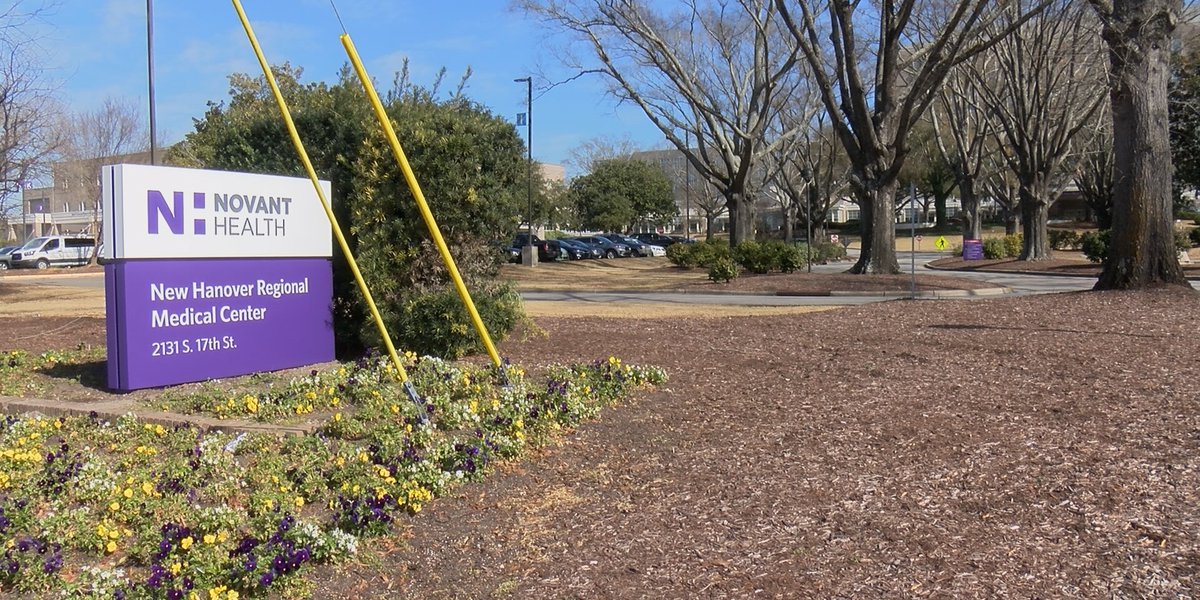[ad_1]
This Year’s Theme Focuses on Health Equity and Ensuring Public Health Programs Are More Accessible to All Communities
Learn More About National Public Health Week Here
ALBANY, N.Y. (April 5, 2023) – The New York State Department of Health recognizes National Public Health Week April 3-9, 2023, with this year’s theme “Centering and Celebrating Cultures in Health.” The Department celebrates the week by highlighting the work of the Office of Health Equity and Human Rights, and the entire Department, including several entities and initiatives that focus on ensuring our public health efforts consistently and deliberately engage individuals in their communities.
“Our commitment to health equity and eliminating health disparities is at the center of all that we do,” Acting State Health Commissioner Dr. James McDonald said. “We remain dedicated to providing health-related services, education, and information aimed at improving health outcomes for all New Yorkers.”
“A huge thank you to New York State’s Public Health Workforce for continued efforts to recognize and respond to our state’s diverse communities,” Office of Health Equity and Human Rights Deputy Commissioner Johanne Morne said. “Recognizing the significant role that culture plays in providing health related and other services is essential to achieving positive outcomes. The Department of Health continues to prioritize the advancement of health equity with the ambitious goal of eliminating disparities.”
The Department is committed to building strong partnerships and proactive policies that can make a difference in preventing disease and helping all New Yorkers live healthy, productive lives. These are some of the efforts underway by the Department, focused on building partnerships within the Department and across the state that acknowledge and celebrate diverse cultures and build relationships to create healthier communities:
Health Equity Clinical Leadership Institute
The AIDS Institute in the Office of Health Equity and Human Rights will soon launch a 12-month, virtual Health Equity Clinical Leadership Institute. The Institute will bring together clinical providers and health facility administrators from the State and national leaders in health equity to implement key elements of the Department’s Health Equity Competencies for Health Care Providers and Health Care Organization Considerations in Support of Health Equity.
These competencies support clinicians who seek to promote health equity in a range of health care settings. The competencies include addressing social determinants of health; ways to take an active role in their communities and facilities to promote inclusive environments of care and uproot structural racism; and ways to employing a person-centered model of care, which includes avoiding bias and providing affirming services.
Office of Drug User Health, AIDS Institute
The Office of Drug User Health leads multiple initiatives to promote harm reduction, foster accessible health care and supportive services, and ultimately empower those who engage in drug use to mitigate risks in ways that protect themselves, their partners, and their communities. Embedded across all these initiatives is an underlying focus on health equity and addressing disparities in the negative consequences of drug use.
Between 2010 and 2020, overdose death rates among Black non-Hispanic New Yorkers increased five-fold, and those among Latinx New Yorkers increased four-fold. People who use drugs are also disproportionately affected by conditions such as HIV and Hepatitis C (HCV) and encounter a legacy of policies which can perpetuate inequitable access to necessary services and support.
To address these and other disparities, Drug User Health programs employ non-judgmental, anti-racist, gender affirming, and evidence-based practices which are positioned to benefit communities placed at highest risk. The Office of Drug User Health supports services including overdose prevention programs, such as naloxone training and access to medication-assisted treatments, syringe exchange and sharps collection, and Drug User Health Hubs, which provide welcoming, non-stigmatizing, low-threshold settings for a range of health care and other supports to persons who use drugs.
Racial Equity Working Group
The Racial Equity Working Group was established within the Department in response to legislation in the 2021-2022 New York State legislative session declaring racism a public health crisis in New York. This Group is charged with studying racism’s impact on public health and making recommendations for legislative or other actions to reduce or eliminate racial and ethnic disparities. The Office of Minority Health and Health Disparities Prevention convened the first meeting on March 3, 2023. The Racial Equity Working Group is in the process of identifying the preliminary areas of focus and priority.
Mpox Response
The mpox outbreak disproportionately affected communities which experience stigma and discrimination, and were most severe among those with compromised immune systems, including people living with HIV. The Department’s response efforts continue to focus on engaging these communities, as well as making vaccine, testing, and treatment as widely accessible as possible.
Those efforts include broadening and continuing to promote vaccine availability and distribution, updating State regulations to enable adolescents under 18 to obtain vaccination and care for mpox without parental consent, ongoing health care provider engagement, and sex-positive, non-stigmatizing public awareness activities.
Hepatitis C Elimination Plan
The New York State Hepatitis C Elimination Plan was initiated by the AIDS Institute in November 2021. The Plan is rooted in four guiding principles: health equity, harm reduction, trauma-informed approach, and meaningful involvement of people with lived experience.
Recommendations outlined in The Plan cover five key areas that will lead the state to eliminate hepatitis C as a public health problem by 2030:
- Prevention
- Care and Treatment Access
- Testing and Linkage to Care
- Surveillance, Data and Metrics
- Social Determinants
Accomplishments to date include establishing a Hepatitis C Elimination and Epidemiology data set; innovative care models to ensure that people who inject drugs can access treatment; expanding the dried blood spot testing for HCV RNA; and community re-entry services for persons leaving State prisons. The elimination plan also includes recommendations related to addressing social determinants of health.
The Department is hosting a Hepatitis C Elimination Progress Report Virtual Meeting on Wednesday, May 10. To join the meeting, register here.
Community Health Worker Initiative
The Bureau of Health Equity and Community Engagement in the Center for Community Health is convening a multi-sector Community Health Worker (CHW) Community of Practice as part of its initiative to eliminate health disparities in communities where COVID-19 has taken the highest toll, such as underserved, marginalized, under resourced, and rural communities.
The CHW Community of Practice will identify the unique needs and challenges that CHWs experienced during the pandemic, including ongoing gaps. The group will also identify the skills, competencies, training, and tools that CHWs need in their evolving role and for future pandemic response.
The goal is to present recommendations and educational materials to strengthen the CHW role, workforce, and capacity for future public health emergency response. The Bureau is currently interviewing CHWs to serve as consultants in the Community of Practice, which will launch in May 2023 and continue through December 2023.
Congenital Syphilis Elimination Strategic Planning Group
As a strategy to stem increases of congenital syphilis and support equitable access and care to potentially eliminate congenital syphilis, the AIDS Institute in the Office of Health Equity and Human Rights is convening a Congenital Syphilis Elimination Strategic Planning Group with community partners. This group will include providers, community-based organizations, and persons impacted by congenital syphilis. The overall goal is to collaboratively develop a comprehensive Congenital Syphilis Elimination Framework and Action Plan through a health equity lens.
To learn more about National Public Health Week, click here.
[ad_2]
Source link


